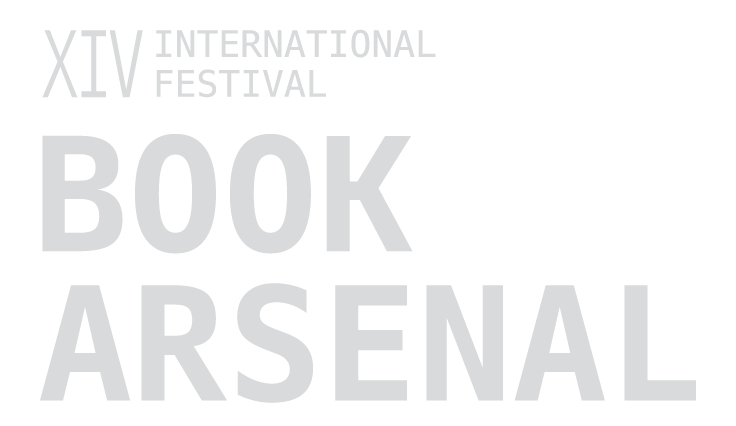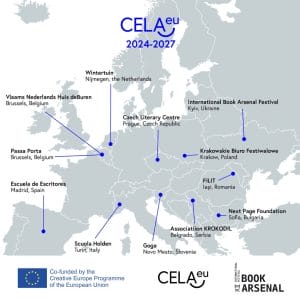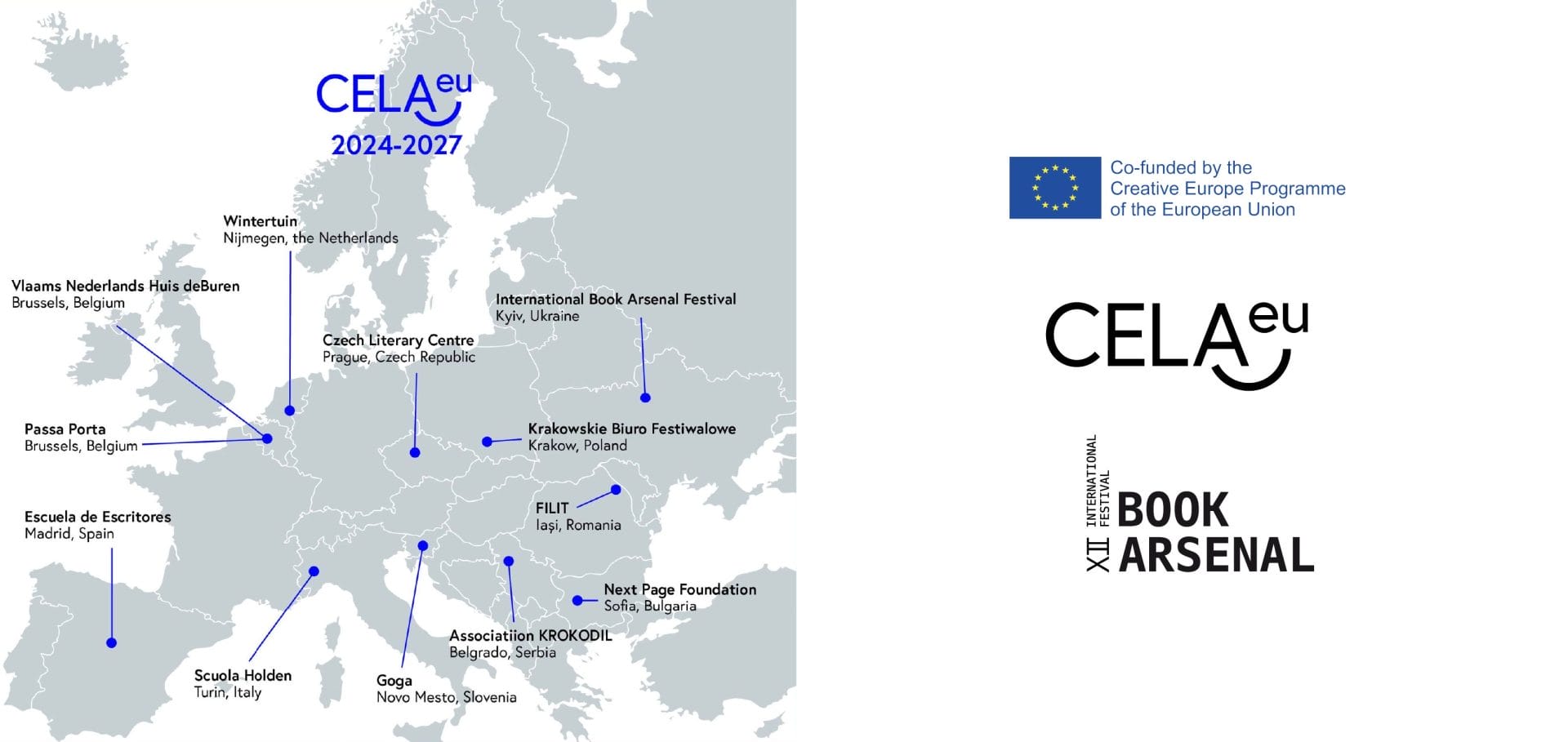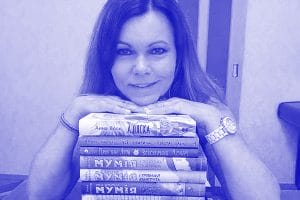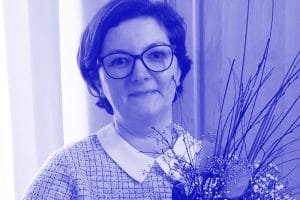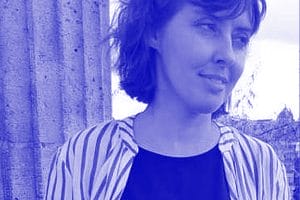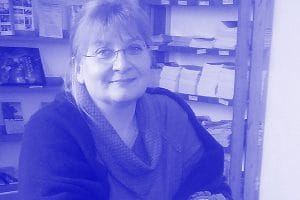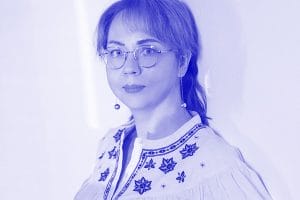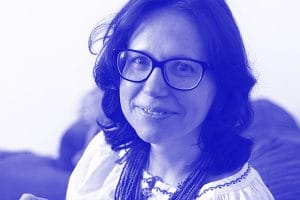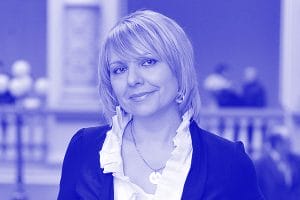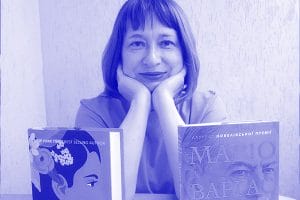The International Book Arsenal Festival, in cooperation with Connecting Emerging Literary Artists (CELA) and with the financial support of the European Union, has selected mentors and emerging translators who will participate in a four-year international project.
We sincerely welcome 10 emerging translators, who have passed the competitive selection, to the project team:
- Translation from Spanish into Ukrainian — Oleksandra Laktionova.
- Translation from Italian — Olena Roman.
- Translation from Czech — Olha-Anastasiia Futoran.
- Translation from Polish — Iuliia Stakhivska.
- Translation from Dutch — Olga Bondarenko, Larysa Dobra.
- Translation from Serbian — Máximo André Martynenko Shchehlov.
- Translation from Slovenian — Yuliia Stankevych.
- Translation from Romanian — Onujec Ionela-Paulina.
- Translation from Bulgarian — Khrystyna Vengryniuk.
The opportunities that will be available to the project participants:
- paid assignments on translation of 6 sample (prose) texts from emerging authors into Ukrainian;
- publication of these translations on the CELA website and other literary platforms across Europe;
- 4 international online masterclasses on the topics relevant to professional growth;
- mentorship program: participants will work with an established translator in the same language direction and with a literary consultant;
- development of a professional tool set for communication, including a photography and artist bio;
- 2 live meetings in Kyiv with the Ukrainian team of the project;
- 2 work weeks within the project. In Turin (Italy) and in Brussels (Belgium);
- 2 visits to a literary festival in the country of your target language;
- paid and mentored pitch session for (at least) one of your authors;
- connection to an international network, communication and discussions with more than 300 European writers and translators.
The CELA project is a training program for translators and a joint international experience with colleagues, also translators, from 11 European participating countries. One of the important components of this extensive process is the support from mentors in the professional development throughout the whole duration of the project. Each of the translators of the Ukrainian team will be accompanied by a mentor-translator in the chosen language direction.
Mentors of the CELA project (2024-2027) in the Ukrainian team:
Halyna Hrabovska was born in Lviv. She made her debut as a translator from Spanish in 2002 in the magazine The Courier of Kryvbas with the translation of Julio Cortázar’s short story The Droolings of the Devil. She has translated works by Jorge Luis Borges, Julio Cortázar, Horacio Quiroga, Mario Vargas Llosa, Isabel Allende and others.
Mariana Prokopovych is a translator from Italian and English into Ukrainian. She has translated three novels by Umberto Eco, as well as works by Luigi Pirandello, Italo Svevo, Giorgio Scerbanenco, Cesare Pavese, Primo Levi, James Joyce and others. She lives and works in Lviv.
Tetiana Okopna is a lecturer, translator from Czech, organizer of cultural events. She has translated into Ukrainian novels by Jáchym Topol, Petr Šabach, Jaroslav Rudiš, as well as some essays by Václav Havel. Since 2023 she has been working as a freelance translator, cooperating with the Book World book fair in Prague.
Nataliia Tkachyk is a translator from Polish, poet, literary editor of the Nova Polshcha portal. Two-time scholarship holder of the Gaude Polonia Program (2017, 2024). She has translated, in particular, Tadeusz Olszański’s memoirs Once in Stanisławów and Karolina Lanckorońska’s War Memoirs, Tomasz Grzywaczewski’s reportage book The Borders of Dreams.
Iryna Koval was born in Kyiv and has been living in the Netherlands since 2000. Since 2016 she has been successfully engaged in literary translation from Dutch and English. Among her translations there are the most popular Dutch children’s series Dummie the Mummy by Tosca Menten, Alfie the Werewolf by Paul van Loon and The Gorgels by Jochem Myjer.
- Iryna Koval
- Maria Hoșciuc
- Mariana Klymets
- Mariana Prokopovych
- Nataliia Tkachyk
- Tetiana Okopna
- Alla Tatarenko
- Halyna Hrabovska
Alla Tatarenko is a translator, lecturer, literary scholar, literary critic. Doctor of Philology, professor of the Ivan Franko National University of Lviv. Author of more than 90 translations from Serbian and Croatian. She also translates Ukrainian literature into Croatian and Serbian.
Mariana Klymets is a lecturer and translator, Candidate of Philology. She teaches Croatian and the Slovenian language and literature at the Ivan Franko National University of Lviv, translates from Slovenian, Croatian and Serbian. She researches speculative fiction in Croatian literature.
Maria Hoșciuc. Among her translations from Ukrainian into Romanian there are: Serhiy Zhadan’s Voroshylovhrad, The Orphanage, Anarchy in the UKR, Depeche Mode, Yurii Andrukhovych’s Recreations, The First Month of the War, Olia Hrebennyk’s Fairy Tales for Children, Yelena Yemchuk’s Malanka.
Olha Soroka is a philologist, the head of the Department of Slavic Philology at the Ivan Franko National University of Lviv. In 2019 she defended her PhD thesis on the topic: Lexical Innovations of the Foreign Origin in the Modern Bulgarian Language (the End of the 20th – the Beginning of the 21st Century) at the specialized Academic Council of the Potebnia Institute of Linguistics of the National Academy of Sciences of Ukraine.
Connecting Emerging Literary Artists (CELA) is networking of emerging literary artists, an international talent development project co-funded by the EU programme Creative Europe. CELA involves young writers and translators from 11 European countries in cooperation through mentoring, masterclasses and meetings. The project aims at providing literary artists, representatives of small languages, with equal conditions to build an international career, to reach an international audience and to develop professional skills. The project is designed for four years and is taking place for the third time.
The CELA project is funded by the European Union. The views and opinions expressed are solely those of the author(s) and do not necessarily reflect the views of the European Union or the European Education and Culture Executive Agency. Neither the European Union nor the funding body can be held responsible for them.
